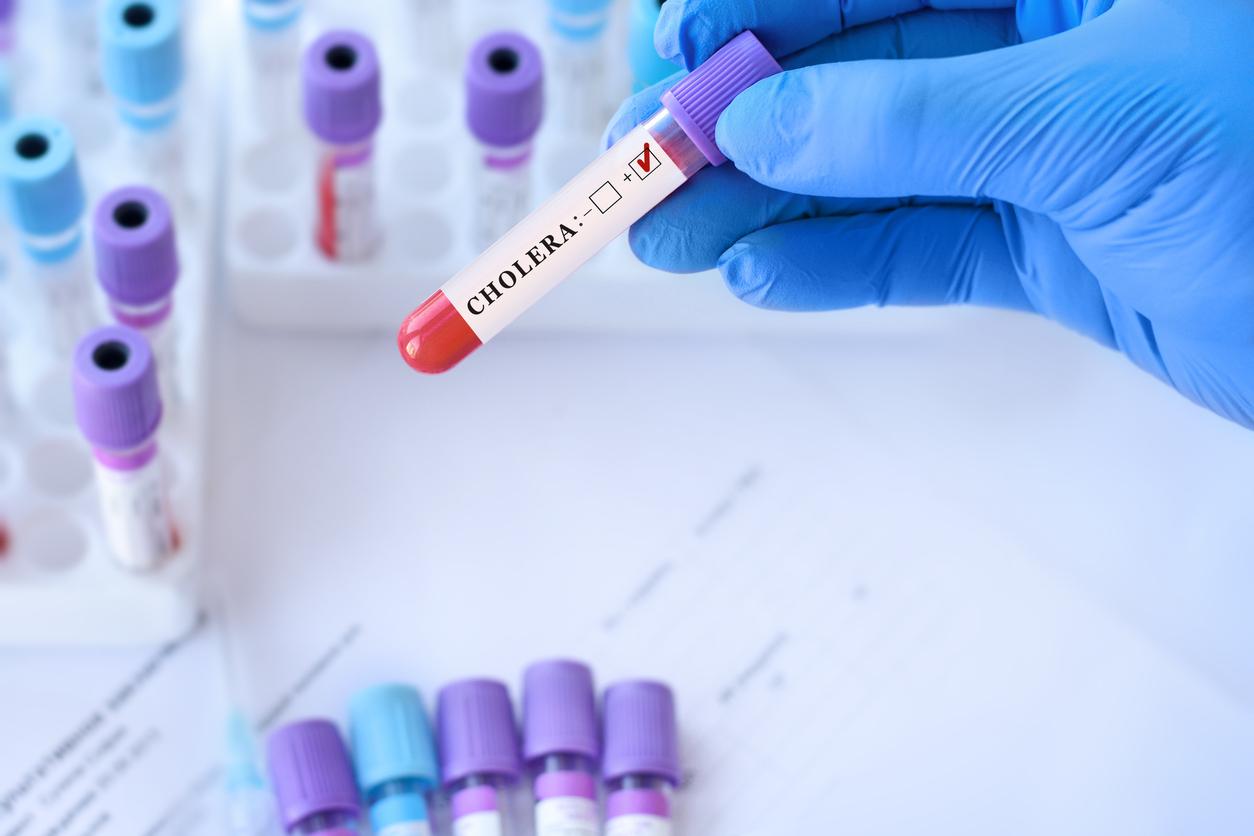After analyzing data from several studies on the long-term use of proton pump inhibitors (PPI), drugs commonly used against heartburn, the acid refluxor stomach ulcers, patients taking PPIs are more likely to have kidney problems.
The prescription period should be as short as possible
For this study, researchers looked at 5-year data from 173,000 new users of PPIs and 20,000 new users of H2-receptor blockers, another type of drug that relieves stomach acid, and verified the incidence of kidney problems. They noted that the longer the prescription period, the more severe the kidney problems.
Lead author of the study, Dr.Ziyad Al-Aly, a nephrologist at the St.Louis, Missouri Health Center, insists that the results of this study underscore the importance of only prescribing PPIs when it is medically necessary, and always by limiting the duration of use, which must be as short as possible.
96% increased risk of developing kidney failure
Today, about 15 million Americans take PPIs, some with a prescription and some not. These drugs are very popular because they provide pain relief quickly. Yet, according to Dr. Al-Aly’s study, patients who took PPIs had a 96% increased risk of developing kidney failure and a 28% increased risk of developing kidney disease, compared to patients who took taken histamine H2 receptor blockers.
This is why the researchers insist that long-term use of PPIs should absolutely be avoided.
This study was published in the Journal of the american society of nephrology.
Read also :
Heartburn: How to Choose Your Medication
The 8 anti-heartburn foods


















